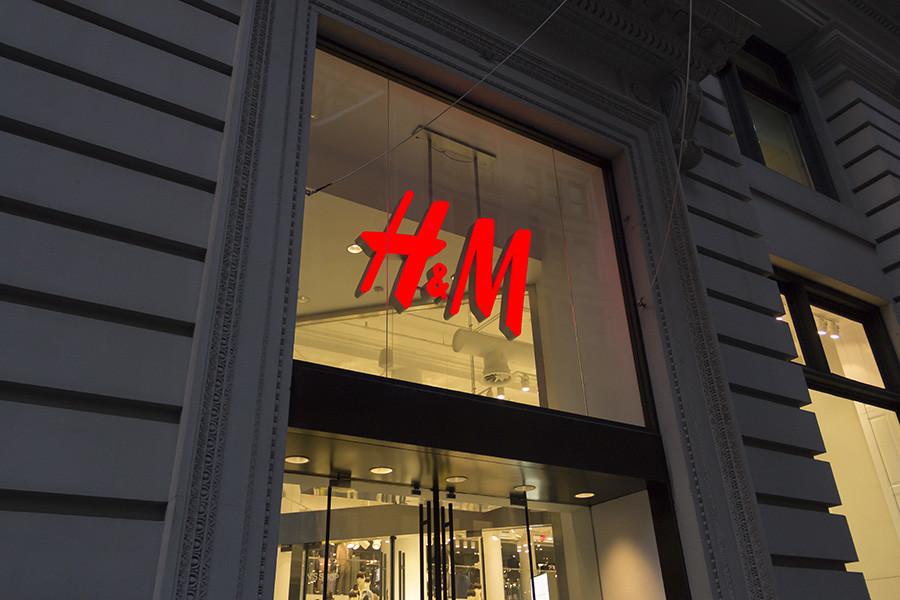Eco-friendly brands for Earth Day
H&M makes eco-friendly clothes in an effort to make the industry more conscious of its effects on the earth.
April 22, 2015
On Earth Day, we are reminded of the impact we have on the planet, and our clothes are certainly a part of it. In recent years, the question of fast fashion and its environmental impact has been called to the attention of consumers and designers alike. Fast fashion is the term that is used to describe designs that rapidly move off the runway and are reproduced for sale in big box stores. This activity is a volume business, which can promote the overconsumption of pricey and harmful natural resources. Fortunately, more brands are focusing their efforts on combating these issues, and many are affordable for college students.
One of the first brands to tackle the issue of sustainability was H&M in 2013 with their Conscious Collection. The collection included a recycled clothing campaign, eco-friendly fabrics and production processes and of course, an advertising campaign addressing their new goals. H&M has continued this campaign, giving donors shopping vouchers in exchange for their old clothes.
Smaller brands such as Madewell have piggybacked on these ideas. The company is known for their denim, and promotes a denim donation program where consumers can bring in jeans of any brand and receive a discount on a pair of Madewell jeans. Habitat for Humanity uses the donated pairs to make housing insulation instead of sitting in landfills.
Another well-known eco-conscious brand is Brooklyn Industries. With numerous locations in Manhattan and Brooklyn, they offer garments that are made of 100 percent organic fabrics or recycled and repurposed materials. In addition, many of their items are made in domestic settings close to Brooklyn, which cuts down on outsourcing and reduces the company’s carbon footprint.
Through the Reclaim to Wear campaign, Topshop started to up-cycle clothing. Their goal is to expand this philosophy throughout the industry so that sustainable fashion becomes a staple among brands. In addition to this, Topshop has worked to develop sourcing options in the United Kingdom to cut down on waste while also improving production turnaround time.
When it comes to makeup, many brands are making the same kinds of changes to promote sustainability. Tarte features all natural ingredients in their products. Many of their formulas are water based, benefitting both the planet and the consumer. Most notably, their products do not feature harsh chemicals like paragons, petrochemicals or sulfates.
Aveda, another natural beauty brand, is known for their ethical practices. Ninety percent of their ingredients are certified organic and the packaging they use is made of post-consumer materials. From manufacturing in eco-friendly plants to bottling their products appropriately, they offer a line that is completely guilt free.
Another option for sustainable makeup is Burt’s Bees. They use energy-efficient means in their facilities and partner with communities to safeguard the environment.
With all of the options out there, there is no better time than now to make the switch to an eco-friendly wardrobe and makeup regimen.
A version of this article appeared in the Wednesday, April 22 print edition. Email Grace Halio at [email protected].

























































































































































